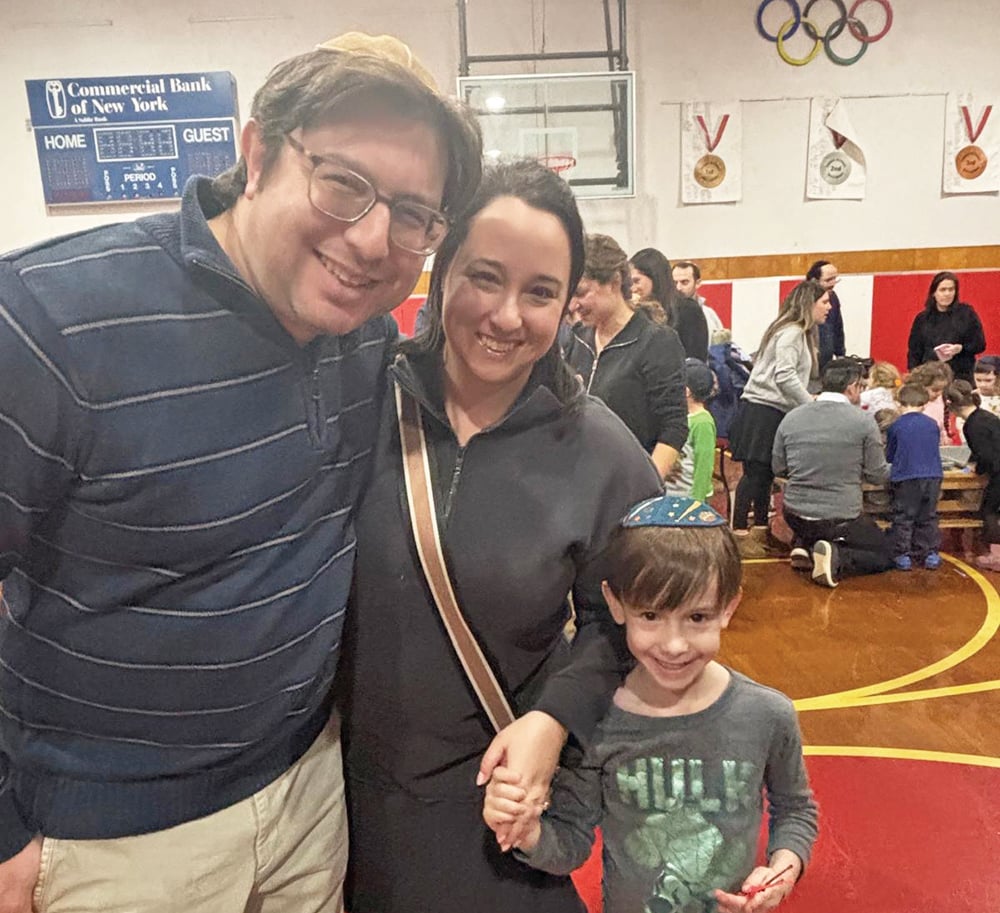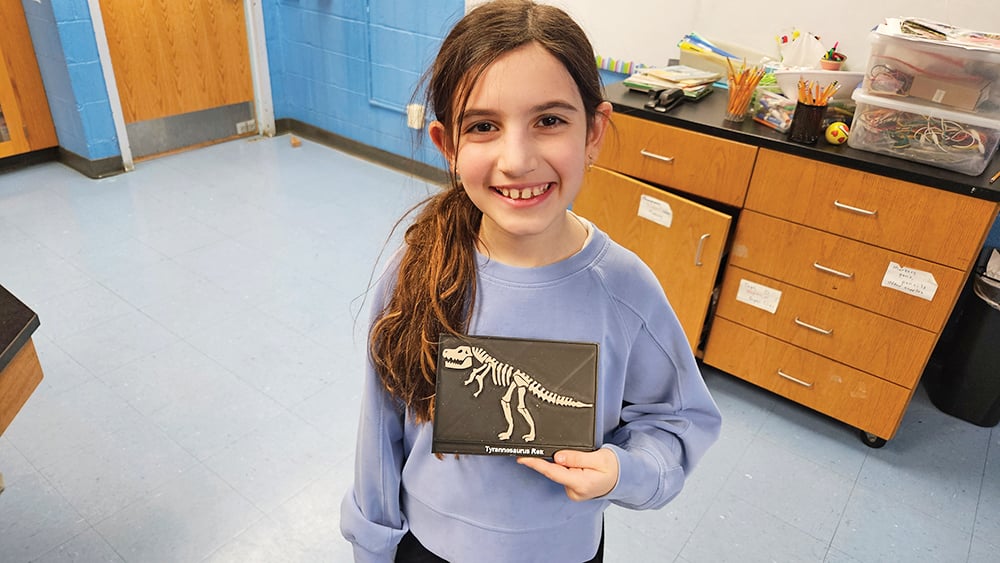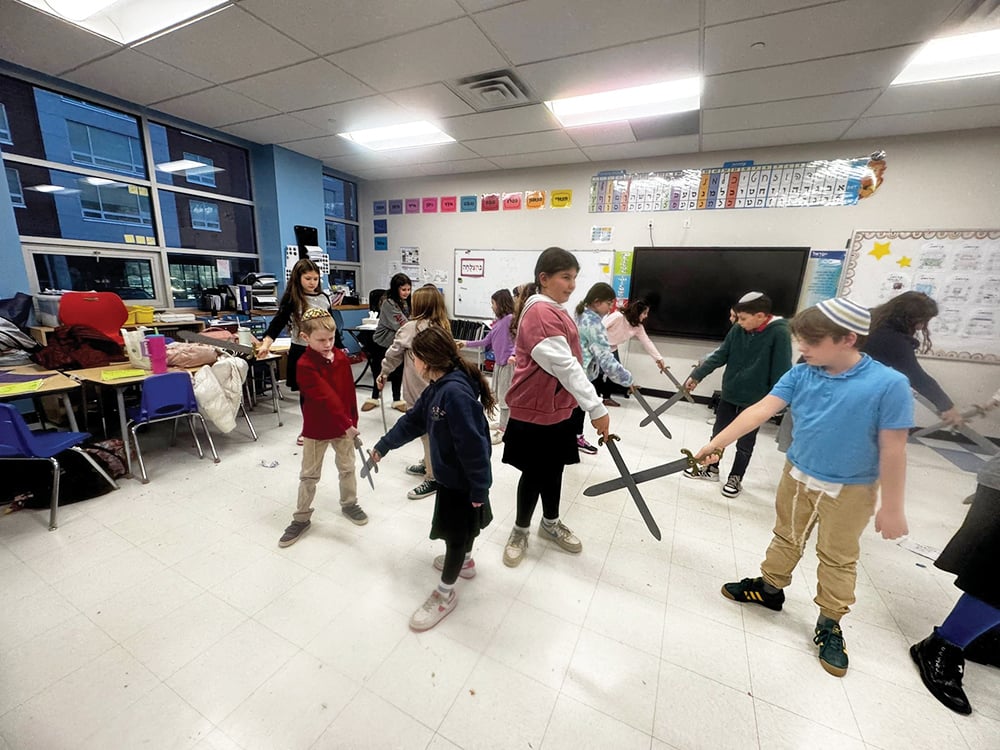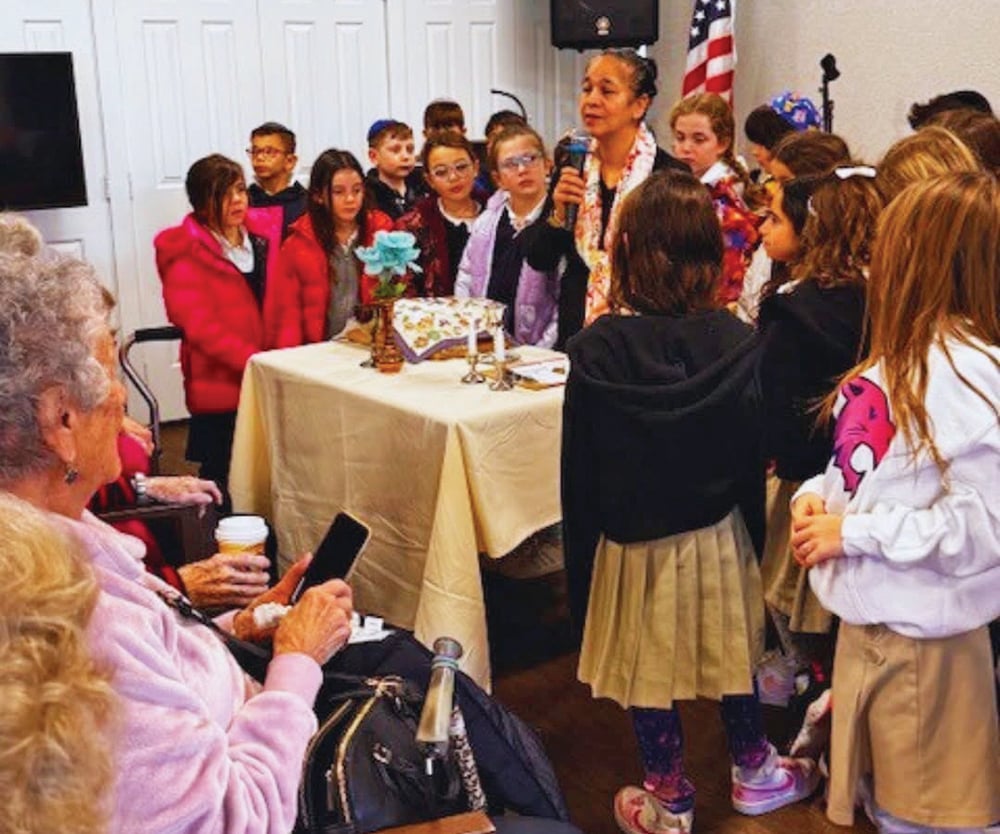Parshat Bo
The navi Yirmiyahu was an older contemporary of the navi Yechezkel. Although the time of their activities overlap, Yirmiyahu prophesied in Yerushalayim to the Jewish community of Judea. He served God by delivering warning after warning to the sinful nation and by cautioning the people of their approaching defeat and exile if they failed to repent. Tragically, Yirmiyahu lived to see his prophecies come to fruition and eventually joined with the mourning nation and accompanied them into Egypt. Yechezkel, on the other hand, prophesied in the Diaspora itself as he had joined the Judean outcasts from the earlier exile who were taken to Bavel and he addressed the concerns of the exiled Jews living there.
Today’s haftarah is taken from Sefer Yirmiyahu and, in many respects, echoes the message of Yechezkel that we read in last week’s haftarah, as both prophets comment on the struggle between Babylonia and Egypt, and both predict the downfall of the great Egyptian empire, a result of God’s judgment for their perfidy. And yet, it is the final portion of the haftarah that occupies my attention this week.
“Al tira avdi Ya’akov,” “Fear not, my servant Ya’akov”—powerful words, comforting words, words through which Hashem promises Israel that, although He may punish and torment them, He will never destroy them completely. But I wonder, what type of comfort that is when given to a nation facing the loss of its land and its independence? You will suffer terribly for years, but you will survive. Is that a comforting message? We, who live 2,500 years after the message, may have the advantage of hindsight to better understand Hashem’s purpose. It was first clarified to me many years ago.
During my first year in the rabbinate, a visiting scholar addressed my community regarding the rising rate of assimilation within the Jewish world. At that presentation, he made a statement which impacted me deeply. “Your worry,” he said, “is not whether the Jewish nation will survive or not.” He explained: “Hashem has already promised that we, as a people, will never be destroyed.” “The challenge you face” he added, “is whether your children and grandchildren will be part of that eternal nation!” With those simple words, the scholar placed the responsibility for our survival upon us—and not upon God. And he helped me understand the nevuah of Yirmiyahu.
Yirmiyahu’s words of reassurance were not meant for his generation, but for future ones. At times of trial and tribulation, when we cry out “Keili, Keili, lamah azavtani,” “Hashem, why did You abandon me?” we are reminded to look at the miraculous story of our survival. An eternal people does indeed go through difficult times. But we are charged that, somehow, we have survived—and therefore we will survive! It is for this reason that I refer to my lectures as HIS-story. It is for this reason that the last generation entered the gas chambers singing “Ani Ma’amin,” declaring their belief that, though we may die, we will survive as a nation. And it is for this reason that Yirmiyahu shares his words with the Dor HaChurban, the generation that would soon experience the destruction of the Beit HaMikdash. “Al tira,” “Do not fear” for the Eternal God remembers eternally. You, as part of the eternal nation, shall survive and you will return to your land..
Perhaps it is for that reason that the “code” words left for Bnei Yisrael in Egypt—words that would indicate that one who repeats them to the nation would be the true messenger of Hashem—are the words “pakod pakadti”—“I remember and will act upon that memory.”
God sees your suffering.
God remembers His promise.
And God will bring the promised geulah.
How comforting, indeed!
Rabbi Neil Winkler is the rabbi emeritus of the Young Israel Fort Lee and now lives in Israel.













